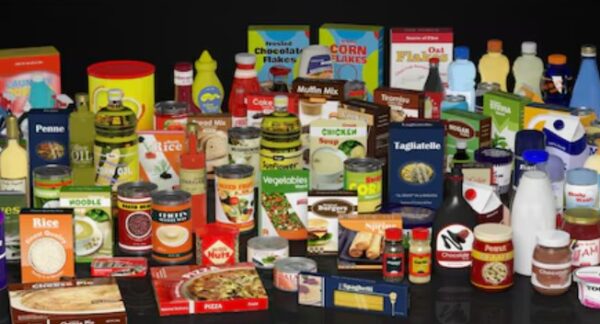Ensuring Food Safety: A Guide for Food Business Operators (FBOs) on Sampling, Analysis, and Prosecution under the FSSA, 2006


The Commissioner of Food Safety appoints Food Safety Officers (FSOs) to specific local areas. Officers must meet the qualifications prescribed by the Central Government. State Governments can also authorize their officers to perform the duties of FSOs within certain jurisdictions.
Table of Contents
Role of Food Safety Officers (FSOs):
FSOs may take samples of any food or substance intended for human consumption. They can seize food that violates the Act or regulations and either keep it in the custody of the business operator after sampling, send it for analysis by a local Food Analyst, or require a bond from the food business operator for the value of the seized food, if kept in their custody.
FSOs are authorized to inspect premises where food is manufactured, stored, or sold. They can also inspect adulterants used in the preparation of food. If perishable food is unfit for consumption, the FSO can destroy it after giving written notice to the business operator. FSOs must follow the Code of Criminal Procedure, 1973, ensuring proper procedures when conducting searches. If adulterants are found, the FSO can take action unless the owner provides a satisfactory explanation for their possession.
Procedure for Sampling and Analysis:
Section 47 of the FSSA, 2006 outlines the procedures for sampling and analysis of food by a Food Safety Officer (FSO). When an FSO takes a food sample for analysis, they must issue a written notice to the person from whom the sample is taken. The sample is then divided into four parts. One part is sent to the Food Analyst with intimation to the Designated Officer, while two parts are kept in the safe custody of the Designated Officer. If requested by the food business operator, the remaining part is sent to an accredited laboratory for analysis, with notification to the Designated Officer. This process ensures transparency and integrity in the sampling and analysis procedures through multiple checks.
Functions of the Food Analyst:
Section 46 of the FSSA, 2006 outlines the functions of the Food Analyst. Upon receiving a sample from a Food Safety Officer (FSO) or another person, the Food Analyst must compare the seal on the container and outer cover with the specimen impression provided separately. If the container is broken or unfit for analysis, the Analyst must inform the Designated Officer within seven days and request the second part of the sample. The Food Analyst is responsible for analysing the sample and preparing a report, which is sent to the Designated Officer for further action. The analysis must be completed within 14 days, and if delayed, the Analyst must notify the Designated Officer and the Commissioner of Food Safety, providing reasons and specifying the additional time needed.
Appeal Process:
The FSSA, 2006 allows a food business operator to appeal against the report of the Food Analyst. If dissatisfied with the report, the operator may apply to the Designated Officer within 30 days, requesting a re-analysis of the second part of the sample. The Designated Officer will then forward the sample to a referral laboratory for re-examination. The decision of the referral laboratory will be considered final and binding.
Procedure to Launch Prosecution:
Section 42 of the FSSA, 2006 outlines the procedure for launching prosecutions related to food safety violations. When a Food Safety Officer (FSO) identifies an offence, they must send a report to the Designated Officer. If the offence involves imprisonment, the Designated Officer will review the case and forward it to the Commissioner of Food Safety for approval to prosecute. The Commissioner may then sanction prosecution or take any other appropriate action.
Conclusion
For Food Business Operators (FBOs), a thorough understanding of the procedures for sample collection, analysis, adjudication, and the appellate process under the Food Safety and Standards Act, 2006 is crucial. This knowledge positions FBOs to take appropriate action to have a second sample report generated and challenge an erroneous food analyst through a referral laboratory. By being well-versed in these processes, FBOs can effectively manage legal complications, and build consumer trust.
For further details write to us at contact@indialaw.in




